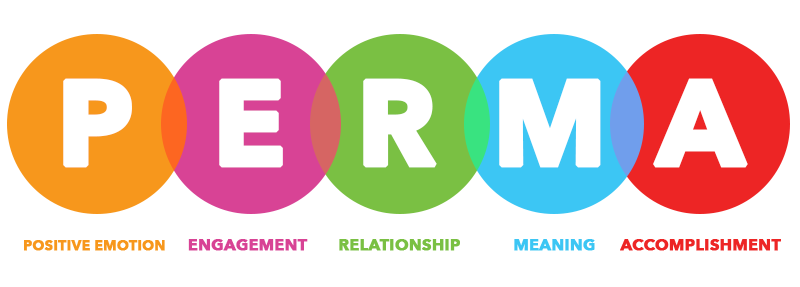WELCOME
Established in 2013, High Rock Autism offers training and consultancy to organisations, professionals, individual’s and families living with autism spectrum disorders. Our vision is to improve autism awareness in Ireland, to promote acceptance of autism as simply a different way of being (neuroharmony) and to empower autistic individuals to live their lives as they think best. With 60+ years combined experience working alongside autistic individuals and their families it is our desire to share our experience and knowledge through a range of professional services which will directly lead to improved outcomes for individuals with autism, their families and the services that support them.
Our bespoke programmes are underpinned by the PERMA model of well-being. We believe each individuals well-being is dependent on a balance of their available resources and current challenges.
perma Model Of Well-Being

What is autism?
Autism is classified as a neurological disorder. This means that there is a difference in the way in which the brain cells (neurons) connect with each other, across the various regions of the brain. Brain development is influenced by our environment and our life experiences. As a result, some connections will develop and strengthen, and other connections will not establish at all or be eliminated (pruning). The important word here is ‘difference’.
We are not all made the same. As Temple Grandin (one of the first individuals on the autism spectrum to document the insights she gained from her personal experience of autism) says, “I am different, not less”. The characteristics of autism vary greatly from person to person and as such, it is said to exist on a spectrum. As the saying goes, “If you’ve met one person with autism, you’ve only met one person with autism”.
Temple Grandin once declared that “The world needs all kinds of minds”. There is no one "normal" type of brain development and this is a viewpoint referred to as neurodiversity. The concept of neurodiversity is the idea that neurological differences like autism, are the result of normal, natural variations in the human genome and have existed for as long as humans have roamed the earth. The result is that the individual will often perceive the world in a different way. It is this different and often more creative way of thinking, that has allowed humanity and science to progress to where we are today.
Autism is all too often seen from a deficit model, that is viewing a person from looking at the things that they can’t do, or through a combination of traits and behaviours that are deemed to be problematic. In his book, ‘Uniquely Human’ (2015), Dr. Barry M. Prizant states that most of the behaviours labelled as autistic, aren’t actually deficits at all, they’re strategies that the person uses to makes themselves feel better or more regulated emotionally. Following a deficit approach means that some people feel that the best way to help that individual, is by managing those behaviours or attempting to get rid of them. It treats the person as a problem to be solved, rather than an individual to be understood. It is better to ask what is motivating these behaviours, what is underlying these patterns. It is more appropriate and more effective to ask ‘Why?’
Usually the answer is that that the person is experiencing some degree of emotional dysregulation. Our neurological systems help us by filtering out excessive stimulation, telling us when we are hungry, or tired, or when to protect ourselves from danger. People with autism, primarily due to underlying neurology (the way in which the brain’s wiring works), are unusually vulnerable to everyday emotional and physiological challenges. So, they experience more feelings of discomfort, anxiety, and confusion than others. They also have more difficulty learning how to cope with these feelings and challenges. Our task is to support people to feel less anxious and teach self-coping mechanisms, so that each individual can flourish and be happy.





